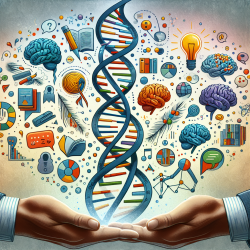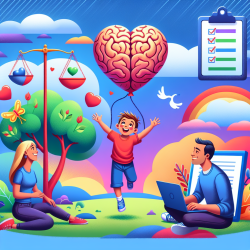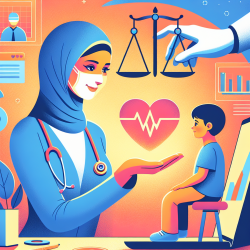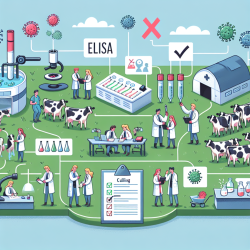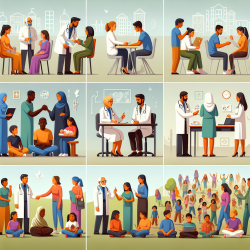Unraveling the Genetic Influence on Reading and Language Skills
The recent publication of the research article titled "Genome-wide analyses of individual differences in quantitatively assessed reading- and language-related skills in up to 34,000 people" has unveiled groundbreaking insights into the genetic underpinnings of reading and language abilities. This study, which involved a comprehensive genome-wide association study (GWAS) across a large cohort, provides valuable data-driven evidence that can significantly influence how practitioners approach language and reading interventions.
Key Findings of the Study
The study examined five key traits: word reading, nonword reading, spelling, phoneme awareness, and nonword repetition. These traits were assessed in a sample size ranging from 13,633 to 33,959 participants, making it one of the most extensive studies of its kind. The findings revealed that genetic variation plays a substantial role in these skills, with SNP heritability accounting for 13 to 26% of trait variability.
One of the most significant discoveries was the identification of a genome-wide significant locus associated with word reading, which was not linked to intelligence or educational attainment. This suggests that specific genetic factors influence reading skills independently of general cognitive abilities.
Implications for Practitioners
For speech-language pathologists and educators, these findings underscore the importance of considering genetic factors when assessing and developing intervention strategies for reading and language difficulties. The study highlights the need for personalized approaches that take into account the genetic predispositions of each child.
Practitioners can leverage this information by:
- Utilizing genetic insights to tailor interventions that target specific language-related skills.
- Incorporating genetic screening as part of a comprehensive assessment to better understand individual differences in language acquisition.
- Advocating for further research to explore the genetic basis of language disorders, which can lead to more effective treatments.
Encouraging Further Research
While the study provides a robust framework for understanding the genetic influences on reading and language skills, it also opens up new avenues for research. Future studies could explore the interaction between genetic factors and environmental influences, such as educational interventions and socio-economic status, to gain a more holistic understanding of language development.
Additionally, expanding the research to include diverse populations and languages can help identify universal and culture-specific genetic influences, further enriching our understanding of language acquisition.
Conclusion
The insights gained from this large-scale GWAS provide a valuable foundation for improving educational outcomes for children with reading and language difficulties. By integrating genetic data into practice, speech-language pathologists and educators can develop more targeted and effective interventions, ultimately leading to better outcomes for children.
To read the original research paper, please follow this link: Genome-wide analyses of individual differences in quantitatively assessed reading- and language-related skills in up to 34,000 people.
